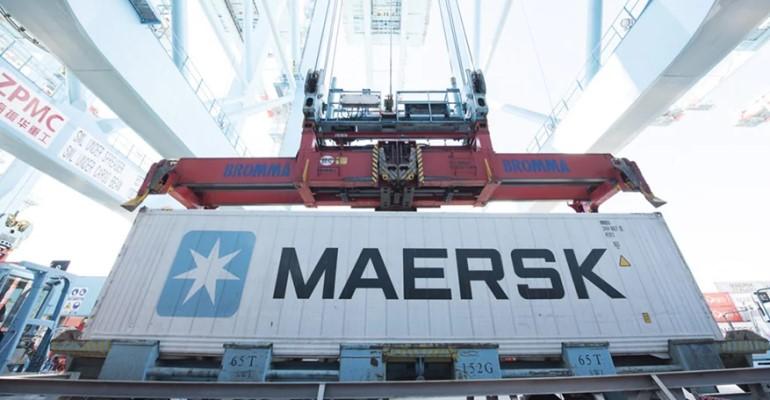“An investigation into the incident is ongoing and we will continue to pause all cargo movement through the area while we further assess the constantly evolving situation. In cases where it makes most sense for our customers, vessels will be rerouted and continue their journey around the Cape of Good Hope,” the January 2 statement said.
Over 20 attacks on shipping have been carried out since late November, with attempted hijacking from small boats, missile attacks, and drone attacks all reported by merchant vessels in an area stretching from off the coast of Oman in the Indian Ocean, through the Gulf of Aden and into the Red Sea.
Hapag-Lloyd announced on the same day that it would continue to divert vessels around the Red Sea for another week until January 9 earliest.
The most recent and high profile incident in the area involved Maersk Hangzhou which was struck by a missile in the Red Sea on December 30; two further missiles were shot down by the USS Gravely as it responded to the container ship’s request for assistance.
Maersk Hangzhou issued a second distress call within 24 hours of the missile incident as it came under attack by small boats in an attempted hijacking. The hijackers fired small arms and crew-served weapons at the ship, according to US Central Command, and the container ship’s security team returned fire.
US Navy helicopters attended the incident from USS Eisenhower and USS Gravely. While issuing calls to the small boats, the helicopters came under fire from small arms and crew-served weapons, then returned fire, sinking three of the four small boats and killing the crews. The fourth boat fled. Yemen’s Houthi rebel group has since confirmed that 10 of its members were killed in the attack.
Maersk said its crew was reported to be safe and the US military said it suffered no casualties or damage to assets.
Maersk previously suspended Red Sea transits on December 15 following a separate attack on Maersk Gibraltar on December 14. The company resumed Red Sea transits once the international military operation to protect merchant shipping in the region Operation Prosperity Guardian was implemented. Maersk Hangzhou was one of the first Maersk vessels to transit the area after this resumption; Maersk announced on December 31 that it was once again pausing all Red Sea transits for 48 hours and that pause has now been extended indefinitely.
The ongoing attacks have effectively closed the Red Sea to many international shipping companies, who are instead choosing to route vessels via the Cape of Good Hope, a decision which adds significant time and costs to major trades, not least of all those into and out of the Middle East. Container lines have announced surcharges to boxes on multiple routes of up to $2,100 as well as surcharges for containers diverted from Suez.
Copyright © 2024. All rights reserved. Seatrade, a trading name of Informa Markets (UK) Limited.
Add Seatrade Maritime News to your Google News feed.  |

